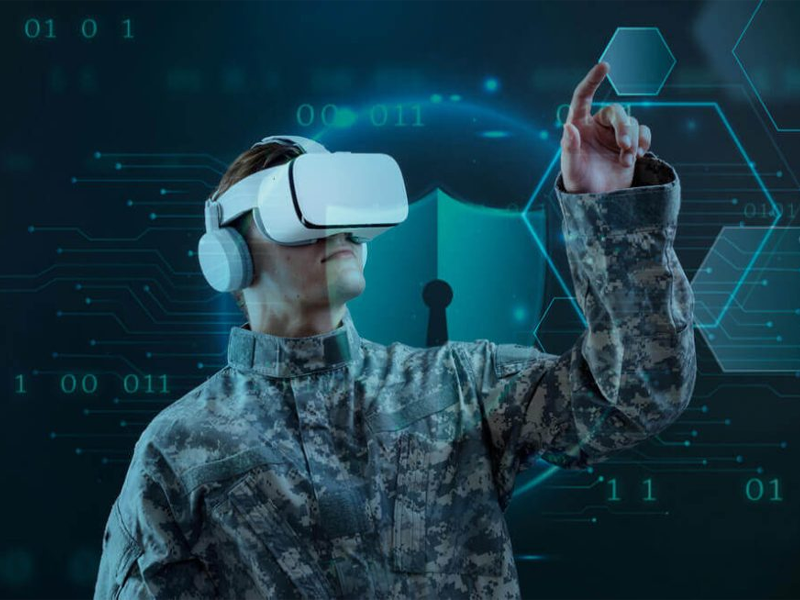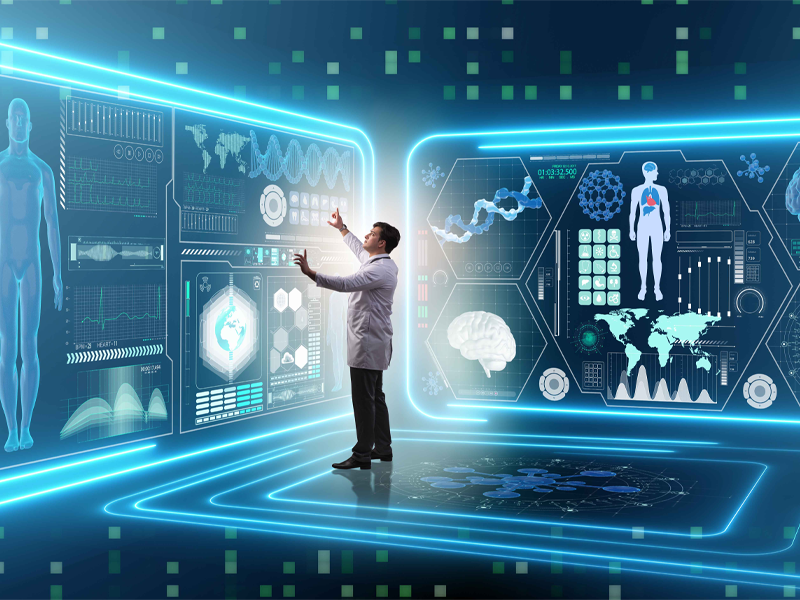As we advance into the future, advanced technologies are increasingly playing a key part in shaping societies around the world. From transforming how we live and work to influencing our social interactions and governance, these technologies are redefining the fabric of our daily lives. In this blog, we explore how advanced technologies are driving societal change and what their impact could mean for future generations.
The Evolution of Advanced Technologies
The concept of advanced technologies is not new, but their scope and impact have grown exponentially in recent decades. Innovations such as artificial intelligence (AI), robotics, and biotechnology are at the forefront of this revolution. AI is enhancing decision-making processes and automating complex tasks, while robotics is streamlining manufacturing and healthcare. Biotechnology is pushing the boundaries of medicine and agriculture. As these advanced technologies evolve, they become increasingly integrated into our personal and professional lives, setting the stage for profound societal transformations.
Economic Impacts of Advanced Technologies
One of the most significant ways that advanced technologies are shaping future societies is through their impact on the economy. Automation and AI are revolutionizing industries by increasing efficiency and productivity. This shift can lead to economic growth and new job opportunities, but it also raises worries about job removal and the need for new skill sets. As advanced technologies continue to grow, they will drive economic change, necessitating a proactive approach to workforce development and education.
Social and Cultural Transformations
Advanced technologies are not only influencing the economy but also transforming social and cultural norms. Social media outlets, driven by AI algorithms, have changed how we communicate and interact with one another. Virtual reality (VR) and augmented reality (AR) are altering how we experience entertainment, education, and even personal relationships. These changes are reshaping cultural norms and values, creating new forms of social engagement and artistic expression. As advanced technologies become more integrated into our lives, they will continue to influence social dynamics and cultural practices.
Governance and Policy Implications
The role of advanced technologies in shaping future societies also extends to governance and policy. Governments are increasingly using AI and data analytics to improve public services and enhance decision-making processes. These technologies provide the potential for more efficient and transparent governance but also pose challenges related to privacy and security. As advanced technologies become more prevalent, policymakers must navigate the balance between leveraging their benefits and addressing potential risks. This will require thoughtful regulation and oversight to ensure that technological advancements serve the public good.
Healthcare Innovations and Advancements
In the realm of healthcare, advanced technologies are driving remarkable innovations that are transforming patient care and medical research. From telemedicine and wearable health devices to precision medicine and gene editing, these technologies are improving diagnosis, treatment, and overall health outcomes. Telemedicine allows for remote consultations, making healthcare more accessible, while precision medicine tailors treatments to individual genetic profiles. As advanced technologies continue to advance, they promise to revolutionize healthcare delivery and enhance quality of life.
Educational and Professional Development
Advanced technologies are also reshaping education and professional development. Online learning platforms powered by AI and data analytics offer personalized learning experiences and make education more accessible to diverse populations. In the professional sphere, technologies like virtual reality are providing immersive training environments, and AI is streamlining recruitment and career development processes. These advancements are transforming how we learn and work, creating new opportunities for skill acquisition and career growth.
Ethical Considerations and Future Directions
As we look towards the future, the impact of advanced technologies on society raises important ethical considerations. Issues related to privacy, security, and the ethical use of AI and data must be addressed to ensure that technological advancements benefit all of society. Moral principles and a commitment to equity and inclusivity must guide the development and deployment of advanced technologies. By addressing these concerns, we can harness the full potential of advanced technologies to create a more equitable and sustainable future.
Conclusion
Advanced technologies are undeniably shaping the future of our societies in profound ways. From economic growth and social transformation to advancements in healthcare and education, these technologies are driving change across multiple dimensions. As we continue to establish and merge advanced technologies into our lives, it is crucial to consider their broader implications and ensure that their benefits are equitably distributed. By embracing these technologies responsibly, we can pave the way for a future that harnesses their potential to improve lives and advance human progress.






